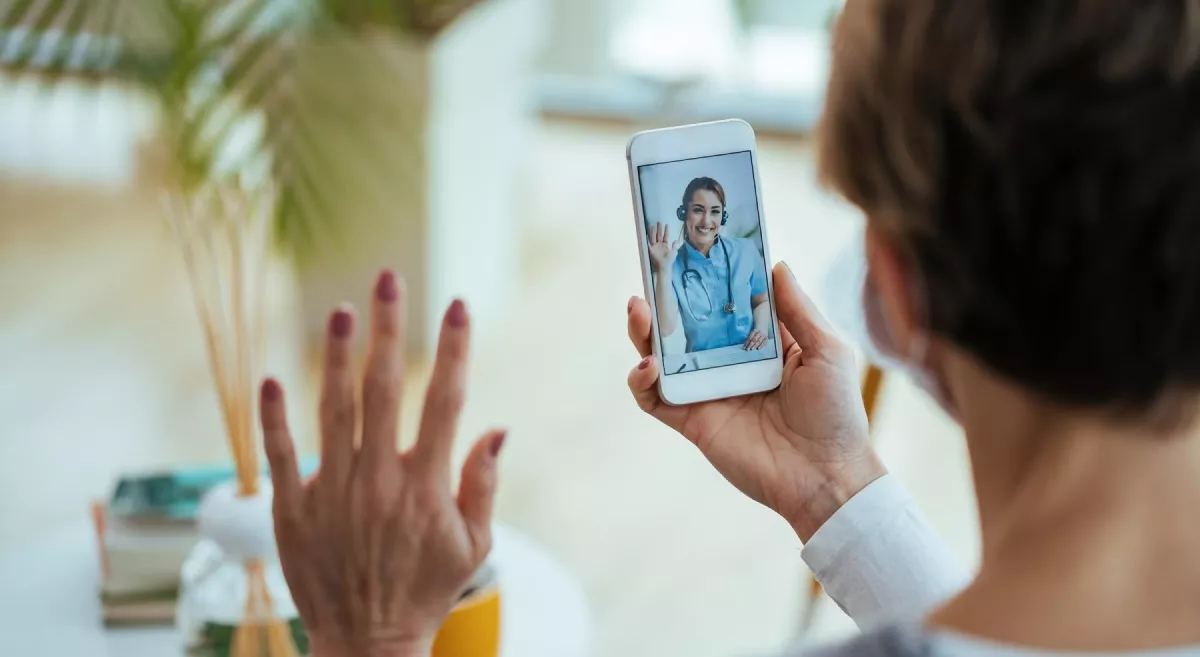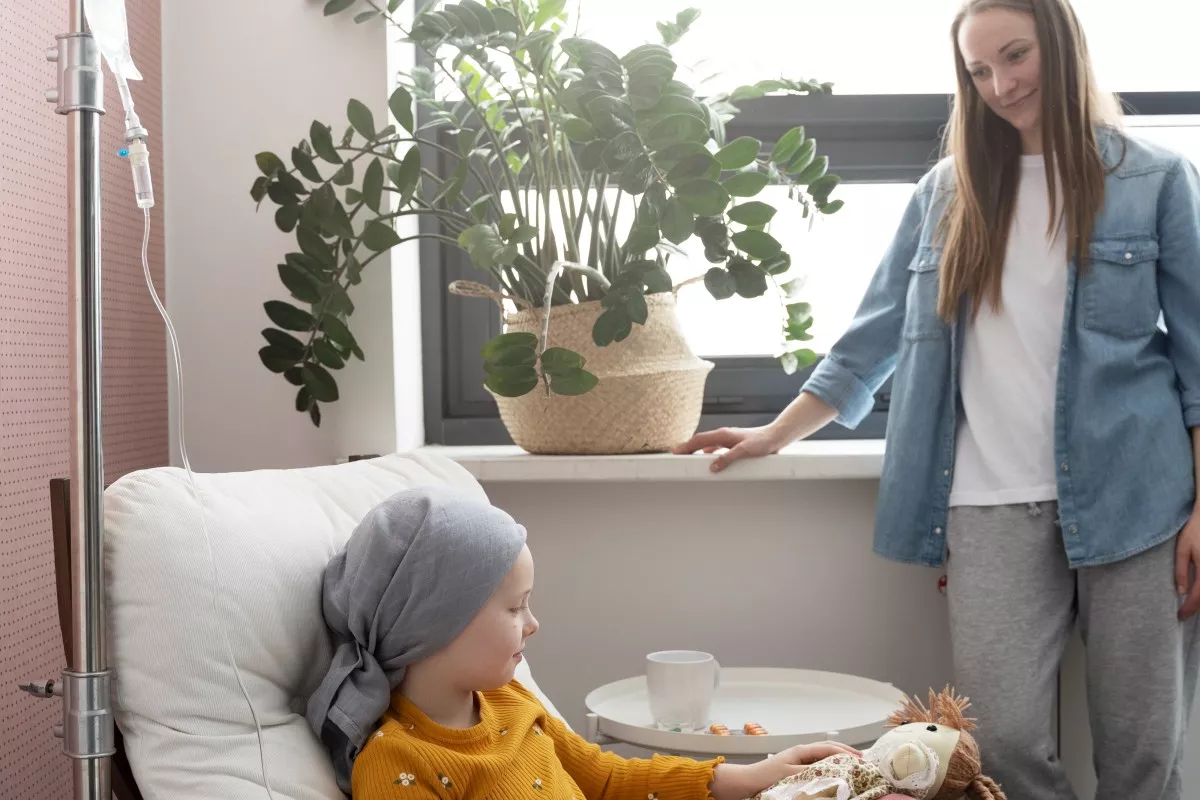The constraints placed by the global COVID pandemic have led to innovative solutions in healthcare, Virtual consultations being one of the most prominent among these solutions. Virtual consultations can be in the form of
- Video consultations
- Audio consultations via telephone
- Consultations via texts/ apps
- Consultations via other written modes such as email.
A consultation through a video or audio call is the most common form of virtual consultation. Video consultations come closest to physical ones as the interaction gives doctors important clues to the diagnosis and allows visual evaluation of a child’s general appearance and overall well-being.
The concept of virtual consultations could pose several questions in the minds of parents such as:
- Are they as good as a physical consult?
- What can the doctor offer during a video consult?
- Can the doctor prescribe medications? Etc.
This blog attempts to answer some of these questions
Choosing a Digital Platform
A good internet connection is essential for virtual consultations.
Various digital platforms like Zoom, and WhatsApp are commonly used during virtual consultations, Hospitals may also have their own apps/ platform for having virtual consultations. Ideally, a digital platform should be secure, user-friendly and cost-effective.
Where to Have a Video Consultation
Consultations can happen either at home or in healthcare settings. Remember,
- Use a quiet space to ensure the best possible sound quality and the least disturbance
- The child/ patient should be at the centre of the screen to allow for the best visualisation and virtual examination. The webcam should be directed slightly above eye level
- Be in a room with good lighting and if using a light source, it should be placed in front of the child and not behind as this makes it easier for your doctor to see you and your child.
- Minimise distractions such as other computer programs, TV, and talking in the background
- Younger children may not always cooperate, often the use of favourite toys or books may help them cooperate in the consultation process. Older children may need privacy and where appropriate, this should be facilitated.
Which Patients are Suitable For Video Consultation
- An initial assessment of the child may help decide if an in-person visit is required, particularly if potentially serious problems are identified
- Children with less urgent complaints and mild illnesses can often be offered treatments
- Follow-up visits could be arranged virtually for many common pediatric concerns and conditions.
Examples of conditions where treatments could be offered on virtual consultations include
- Common Colds without breathing problems or ear pain or high-grade fever
- Seasonal allergies -Itchy, red eyes
- Nutrition - Breastfeeding questions or concerns in newborns, picky eaters/general feeding questions or concerns in older children
- Functional Constipation
- Discussion on results of diagnostic tests.
Video consultations are not suitable for patients requiring emergency treatment or in those who need physical examination.
What Medications Can Be Prescribed
The doctor will only prescribe the medication which is safe, with low potential for abuse; they could also prescribe add-on medications to a patient in a follow-up consult for the same illness. Some examples include:
- Common OTC (Over-the-counter) drugs like paracetamol, ORS solutions, and cough-cold preparations can be prescribed during the first virtual consultation.
- Ointments/Lotion for skin ailments
- Local Ophthalmological drops
- Local Ear Drops.
Advantages of Virtual Consultations
- Physical distancing can be maintained
- Reduced exposure to other sick children
- Parents need not miss work
- Less time away from school for your child.
- It allows for special needs children, such as those with behavioural difficulties to be observed in their home environment where they are more comfortable, and this allows for better assessment.
Disadvantages of Virtual Consultations
- The healthcare professional cannot physically examine your child, the clinician will decide how important the physical examination is and make the appointment accordingly
- Challenges with technology – internet connectivity, and app-related problems should be anticipated, and alternatives decided before the appointment
- Limited opportunity to engage with the child directly, which is important for adolescent patients and new patients where it can be more difficult to establish initial rapport and trust over video compared with face-to-face
- Children will still need face-to-face assessment at some stage to complete physical examination or further developmental assessment.
Tips For Optimal Video Consultations
Prepare
- Quiet room with minimal distractions
- Good internet connection
- Ensure the platform is secure, user friendly
- Weigh the child on the home scale if available
- Keep medical records, medications, reports etc at hand.
During Consultation
- Introduction & verification of patient identity
- Discuss complaints, Show physical signs such as rashes and medications if any
- Allow for assessment through visual inspections
- Conclude consultation by discussing and agreeing on a management plan.
After Consultation
- Appropriate documentation by the doctor including prescription
- Follow up either virtually or physically as per medical advice.
In Summary, while physical or in-person visits are always preferable, virtual consultations offer an important alternative in select situations. They are useful for essential newborn screening, initial assessment of children with minor illnesses and follow-up visits after discharge from the hospital. For successful and satisfying virtual consultations, it is important for the clinical to select patients carefully, both the family and the physician should be well prepared for the meeting, and patient safety and confidentiality should always be maintained.





